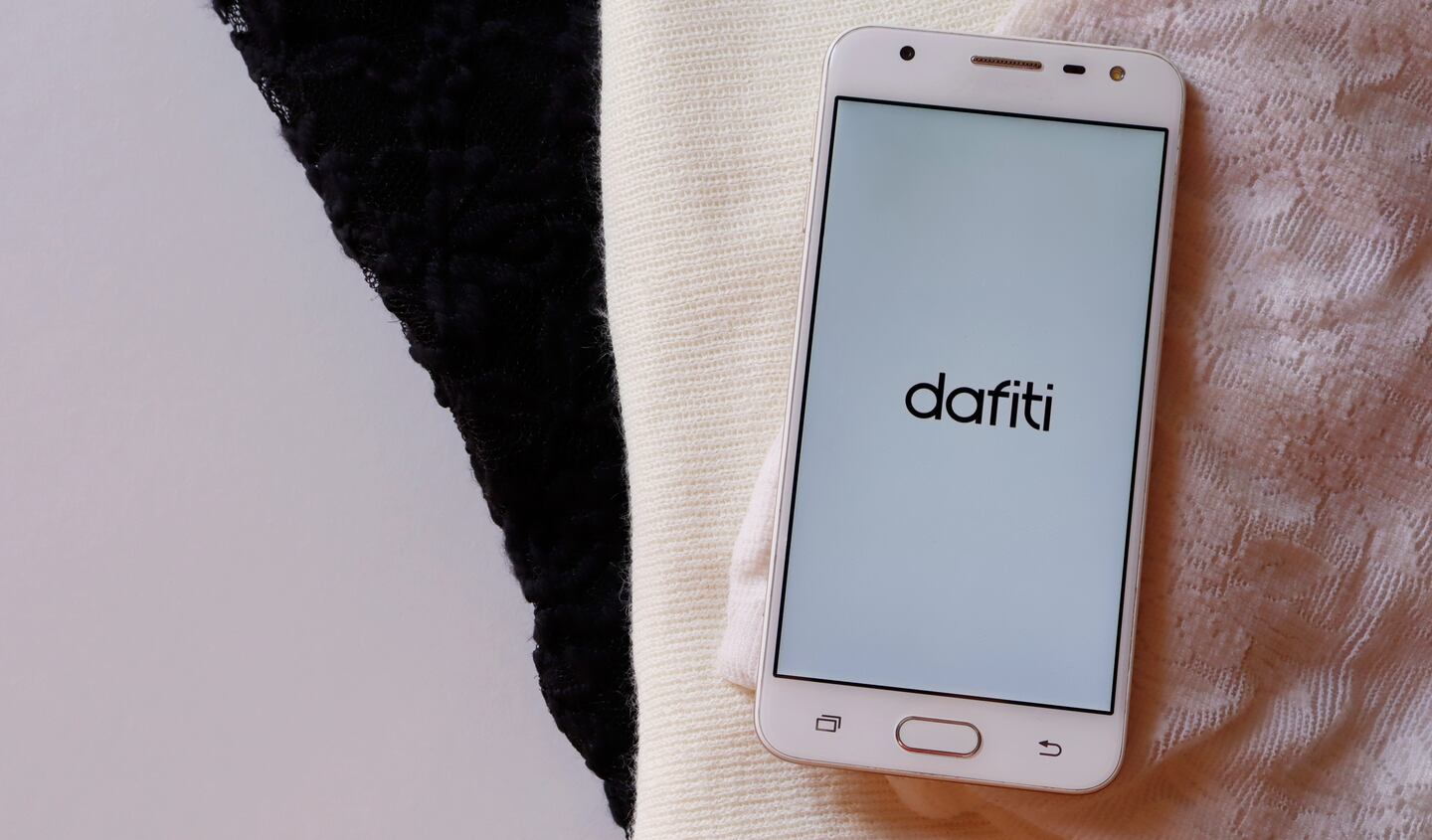
The Business of Fashion
Agenda-setting intelligence, analysis and advice for the global fashion community.

Agenda-setting intelligence, analysis and advice for the global fashion community.

Global Fashion Group (GFG) reported that Dafiti, its Latin American online fashion platform, reached a net merchandise value of 3.4 billon Brazilian reais (approximately $609 million) in 2020, representing an increase of 31 percent compared to the previous year.
Malte Huffmann, co-founder of Dafiti Group told BoF that what allowed them to sustain growth during this “extremely challenging year” was adapting their offer “to better meet the new demand of consumers and those who were migrating online for the first time.” He explained that this required enhancing their value proposition by optimising their portfolio mix while offering competitive prices and convenience.
During the fourth quarter of the year, Dafiti achieved 7.7 million registered customers, a 31 percent year on year increase. The e-commerce giant, which operates in Brazil, Argentina, Chile and Colombia, reported a Q4 net merchandise value of 1 billion reais ($179 million), a 30 percent year on year uplift.
“We had to overcome challenges, such as lockdown for a few months in Argentina and restrictions in different cities and at different times in Brazil,” said Philipp Povel, co-founder and CEO of Dafiti Group.
ADVERTISEMENT
In February, following a €50 million ($59.6) investment, Dafiti opened an automated fashion e-commerce fulfilment centre in Minas Gerais, Brazil. The distribution hub, which occupies an area of 54,000 square metres, is said by the company to be the largest of its kind in Latin America and is expected to serve more than five million customers across Brazil.
Part of Dafiti’s growth can be attributed to marketplace sales which account for 32 percent of its parent company revenues. Also in the GFG portfolio of e-commerce platforms are LaModa in Russia and the Commonwealth of Independent States (CIS) markets ; Zalora in Southeast Asia, and The Iconic in Australia and New Zealand.
Local streetwear brands, festivals and stores selling major global labels remain relatively small but the country’s community of hypebeasts and sneakerheads is growing fast.
This week’s round-up of global markets fashion business news also features Senegalese investors, an Indian menswear giant and workers’ rights in Myanmar.
Though e-commerce reshaped retailing in the US and Europe even before the pandemic, a confluence of economic, financial and logistical circumstances kept the South American nation insulated from the trend until later.
This week’s round-up of global markets fashion business news also features Korean shopping app Ably, Kenya’s second-hand clothing trade and the EU’s bid to curb forced labour in Chinese cotton.